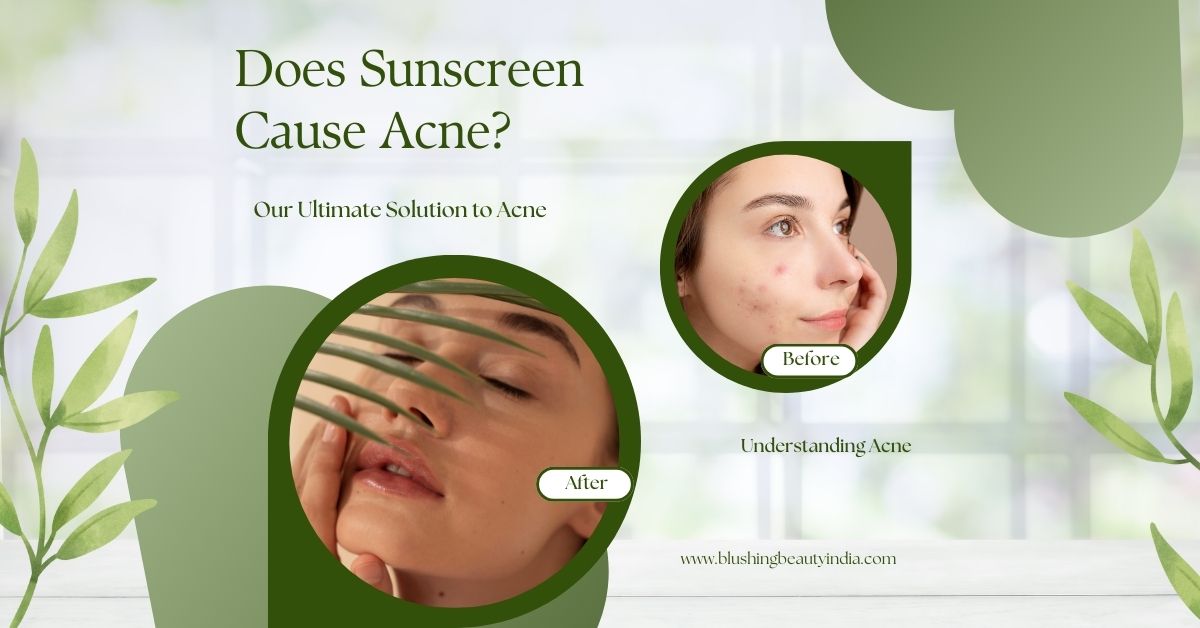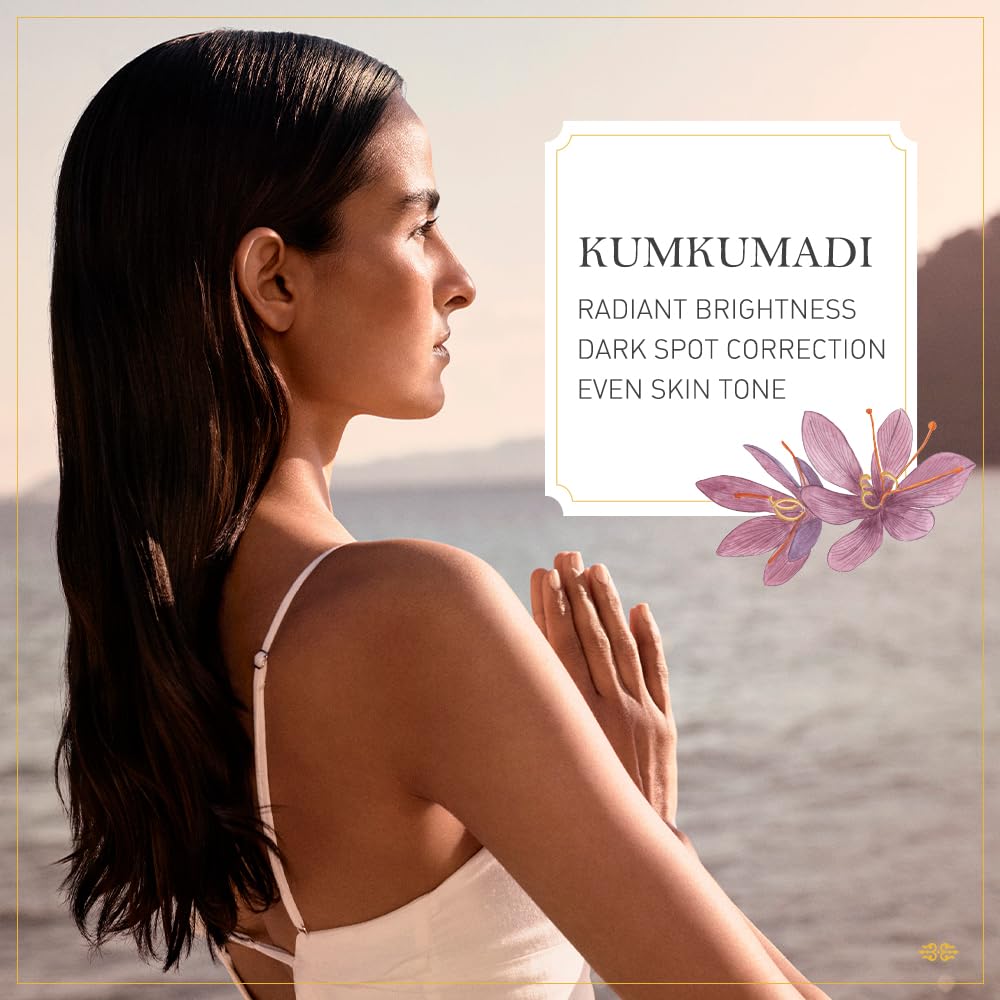Skincare aficionados often find themselves caught in a dilemma: to sunscreen or not to sunscreen. While sunscreen is hailed as the holy grail of skincare for its protection against harmful UV rays, concerns linger about its purported role in causing acne. In this article, we delve deep into the myth surrounding sunscreen and acne, separating fact from fiction to provide clarity on this contentious issue.
1. Understanding Acne
- Acne, the bane of many individuals, is a skin condition characterized by the occurrence of pimples, blackheads, and whiteheads. It arises from various factors, including excess oil production, clogged pores, bacteria, and inflammation. Acne not only affects one’s physical appearance but also takes a toll on their self-esteem and confidence, making it a significant concern in the realm of skincare.
2. Role of Sunscreen
- Sunscreen, a staple in skincare routines worldwide, is formulated to shield the skin from the harmful effects of ultraviolet (UV) radiation emitted by the sun. It comprises active ingredients such as zinc oxide and titanium dioxide, which act as physical barriers, and chemical filters like avobenzone and octinoxate, which absorb UV rays. By applying sunscreen, individuals can minimize the risk of sunburn, premature ageing, and skin cancer.
3. Myths Surrounding Sunscreen and Acne
- A prevalent misconception circulating in the skincare community is the notion that sunscreen exacerbates acne breakouts. This belief stems from the fear that sunscreen ingredients may clog pores and trigger inflammation, leading to the development of acne lesions. However, the relationship between sunscreen and acne is more nuanced than commonly perceived, with several factors contributing to the perpetuation of this myth.
4. Research Findings
- Numerous studies have examined the association between sunscreen use and acne occurrence, yielding conflicting results. While some research suggests a potential link between certain sunscreen formulations and acne flare-ups, others refute such claims, emphasizing the importance of individual skin sensitivity and product selection. Dermatologists and skincare experts offer valuable insights into navigating this dilemma, advocating for tailored sunscreen choices based on skin type and preferences.
5. Tips for Choosing the Right Sunscreen
- To mitigate the risk of acne breakouts while ensuring adequate sun protection, individuals should prioritize non-comedogenic sunscreen formulations. These products are specifically designed to minimize pore blockage and are suitable for acne-prone skin. Additionally, opting for oil-free, fragrance-free, and lightweight formulas can further reduce the likelihood of skin irritation and breakouts, promoting a harmonious relationship between sunscreen and acne management.
6. Importance of Sun Protection
- Beyond its alleged association with acne, sunscreen plays a crucial role in safeguarding skin health and preserving its youthful appearance. Regular sunscreen application helps prevent sunburn, photoaging, and skin cancer, underscoring its indispensable role in any skincare regimen. By embracing sun protection practices, individuals can enjoy radiant, healthy-looking skin while minimizing the adverse effects of UV radiation.
7. Debunking the Myth
- Contrary to popular belief, scientific evidence refutes the notion that sunscreen directly causes acne. While certain sunscreen ingredients may pose a risk for sensitive or acne-prone individuals, the majority of sunscreen formulations are unlikely to trigger acne breakouts when used appropriately. Real-life testimonials and experiences further attest to the compatibility of sunscreen with acne-prone skin, dispelling unfounded fears and misconceptions.
- Explore our daily guide to gentle skincare for acne-prone skin in “Clear and Calm: Your Daily Guide to Gentle Skincare for Acne-Prone Skin.
Conclusion
In conclusion, the myth that sunscreen causes acne is unfounded and unsupported by scientific research. While concerns persist regarding the potential for sunscreen ingredients to exacerbate acne breakouts, diligent product selection and adherence to skincare best practices can mitigate these risks effectively. By embracing evidence-based skincare and prioritizing sun protection, individuals can enjoy the numerous benefits of sunscreen without compromising their skin health or exacerbating acne.
While some individuals may experience acne flare-ups with certain sunscreen formulations, the majority of sunscreen products are unlikely to exacerbate existing acne when chosen wisely.
Sunscreen helps protect the skin from UV radiation, which can exacerbate post-inflammatory hyperpigmentation and prolong the healing process of acne scars, emphasizing its importance in acne scar prevention.
No, individuals with acne should not skip sunscreen. Sun protection is essential for maintaining skin health and preventing sun damage, regardless of skin condition.





